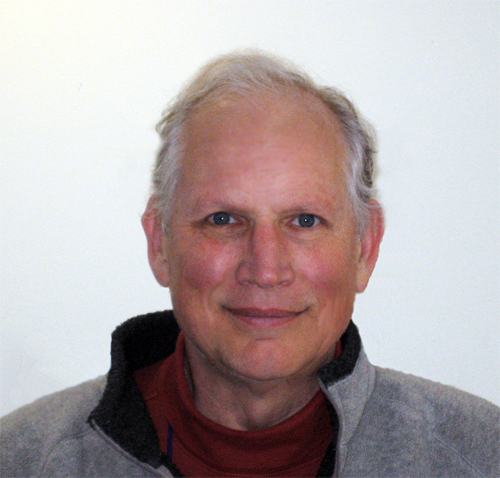Dr. Daniel K. Apple

Appointments
- President, Pacific Crest (1984 – January 2023)
- Vice President of Research and Development, Pacific Crest (January 2023 to Present)
Education
- Ph.D. in Public Policy and Analysis (SUNY College of Environmental Science & Forestry)
- M.S. in Industrial Engineering and Operations Research (Syracuse University)
- B.A. in Mathematics, Chemistry and Information Science (University of California, Santa Cruz)
About Dan
Dr. Daniel Apple is the founder and former president of Pacific Crest, an educational consulting and publishing firm established in 1985. He is one of the foremost experts on Process Education™, an educational philosophy focusing on helping learners develop broad, transferable learning skills that empower them to continually improve their ability to learn and grow. Process Education consistently seeks answers to the question, How do students learn most effectively and enduringly? and then works to translate the answer into teaching practice, course curricula, and, ultimately, institutional policy.
Dr. Apple’s background is interdisciplinary with degrees in Mathematics, Information Science, Operations Research, and Public Policy and Analysis. In addition to his abiding interest in improving STEM educational approaches through the use of Process Education, one of Dr. Apple’s passions is working with developmental and foundational higher education programs. The overriding goal in all his work is to increase both student and faculty success. In his pursuit of improved teaching and learning outcomes, Dr. Apple has served as paid consultant for several grants. These include NSF Grants for Engineering Assessment and Learning Systems, Enriched Learning Environments, Process Oriented Guided Inquiry Learning (POGIL), and Institution-wide Reform of STEM Instruction.
As a hands-on leader, he has facilitated more than 1,000 faculty development events with more than 25,000 faculty. These events, aimed at improving the quality of educational outcomes in higher education through Process Education, have focused on supporting facilitation of student learning through innovative strategies for faculty; designing curricular materials to support process-oriented approaches; using a quality process to assess outcomes at the course and program level; and effectively integrating technology into course and activity design.
He is responsible for the initial creation and organization of the
Academy of Process Educators (www.processeducation.org), which is now an independent non-profit community of educators seeking change in education through the generation, dissemination, and archiving of research based on the principles of Process Education.
Selected Publications
- Developing Transferrable Knowledge Using the Methodology for Generalizing Knowledge
- Self-Growth Capability Components and Their Impact on Growth
- Barriers to Implementing a Successful Learning to Learn Experience
- How the Learning to Learn Experiences Model the Seven Universal and Perennial Principles of Student Learning and Persistence
- Impact of Higher Education Culture on Student Mindset and Success
- Key Learner Characteristics for Academic Success
- 25 Years of Process Education
- Learning How to Learn: Improving the Performance of Learning
- Keys to Improving Academic Assessment